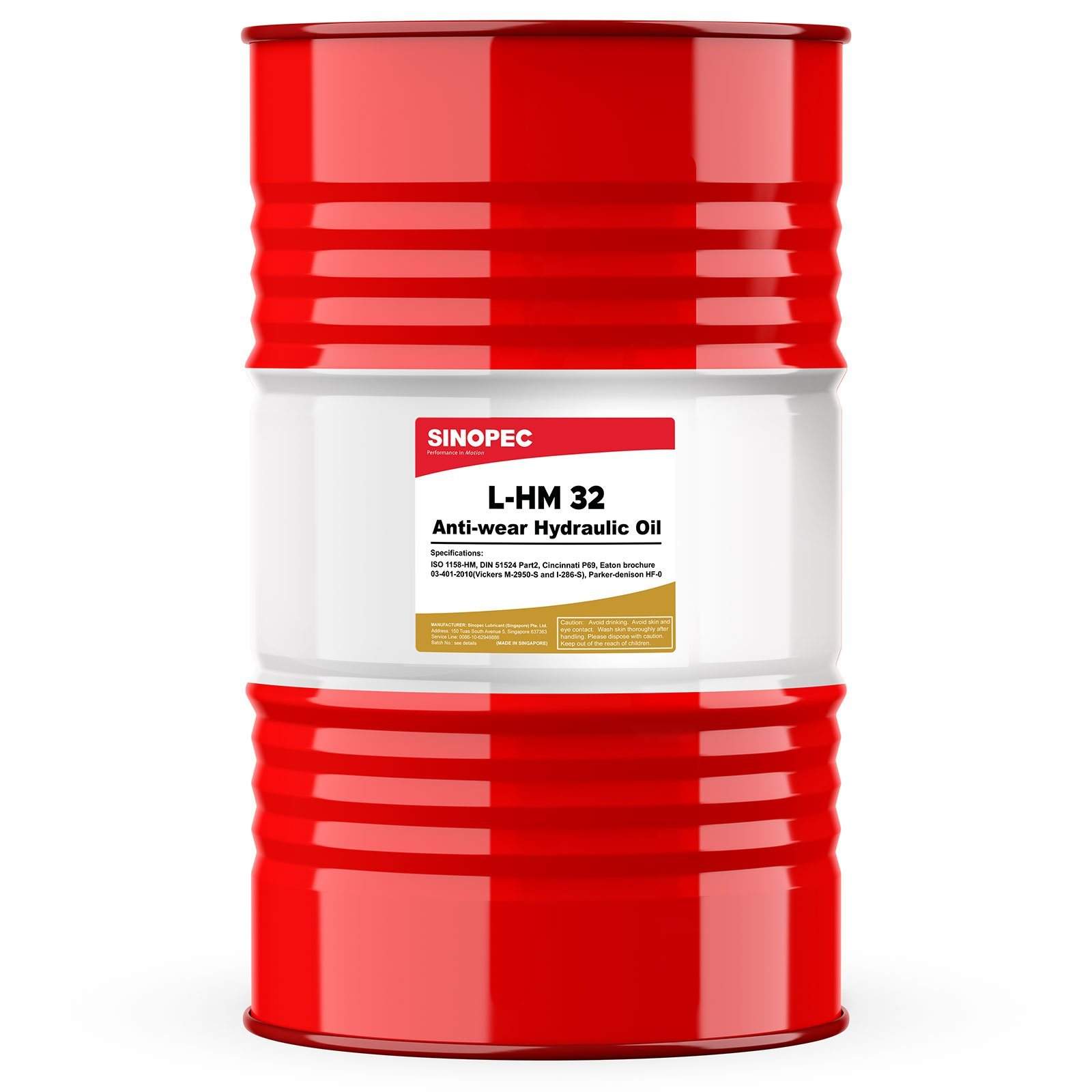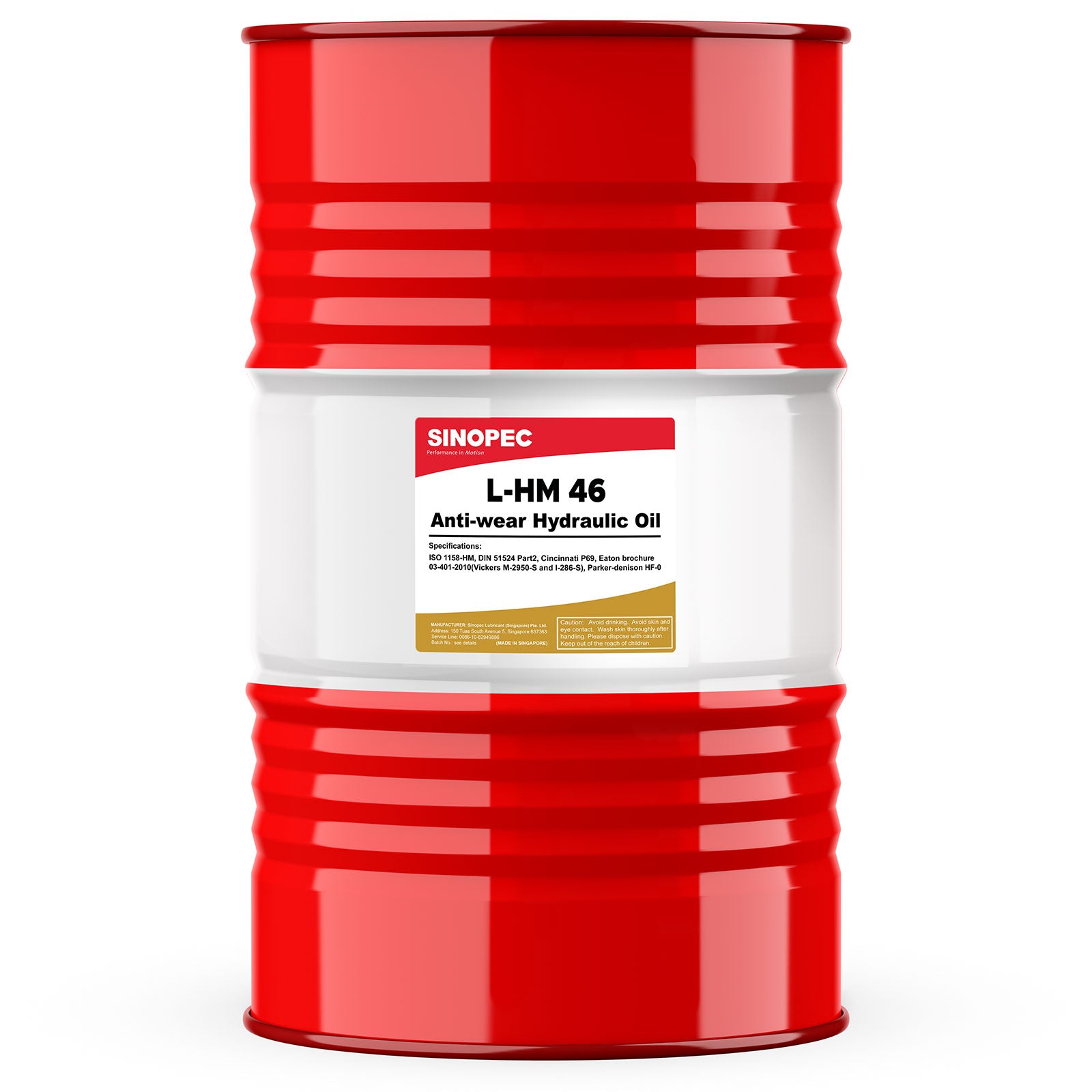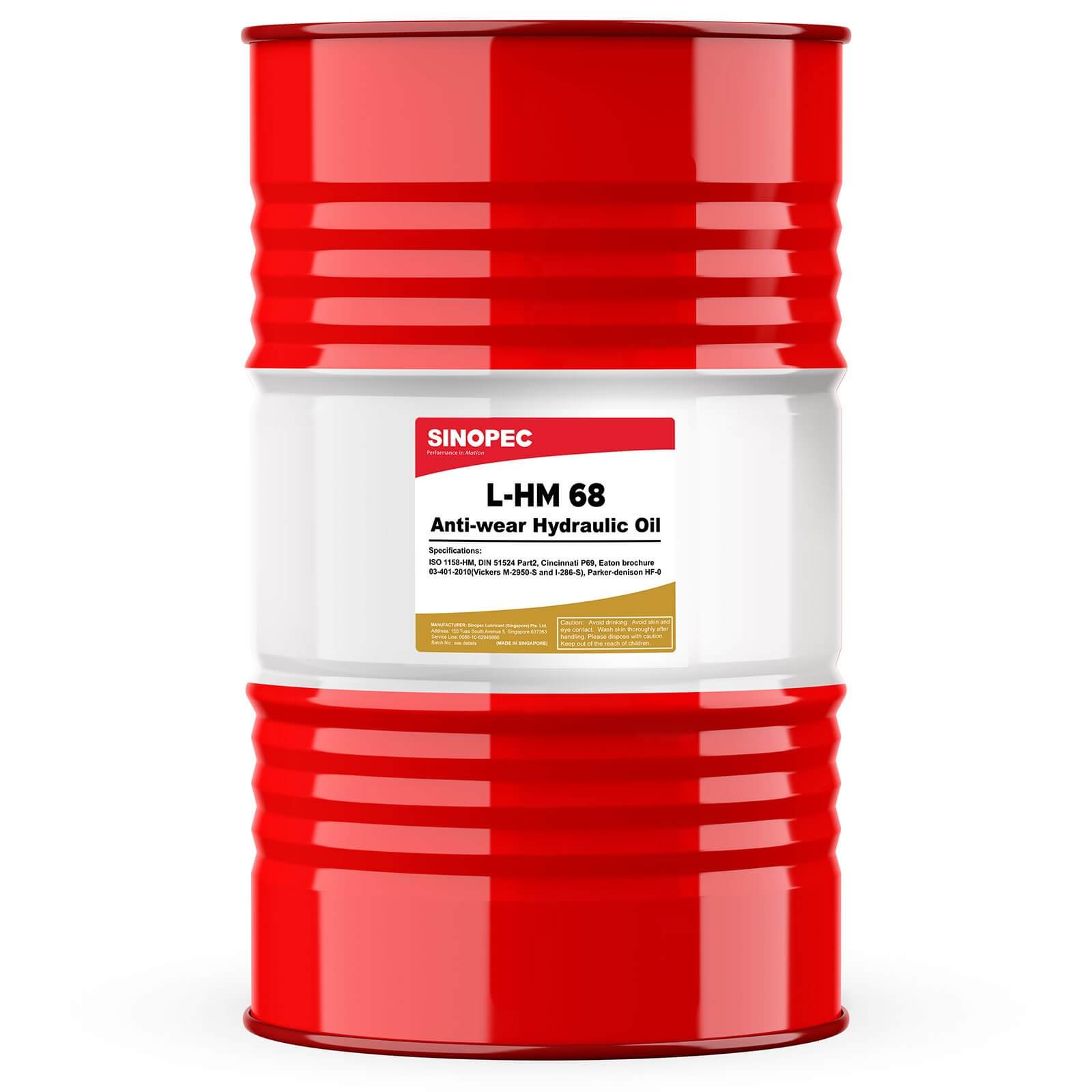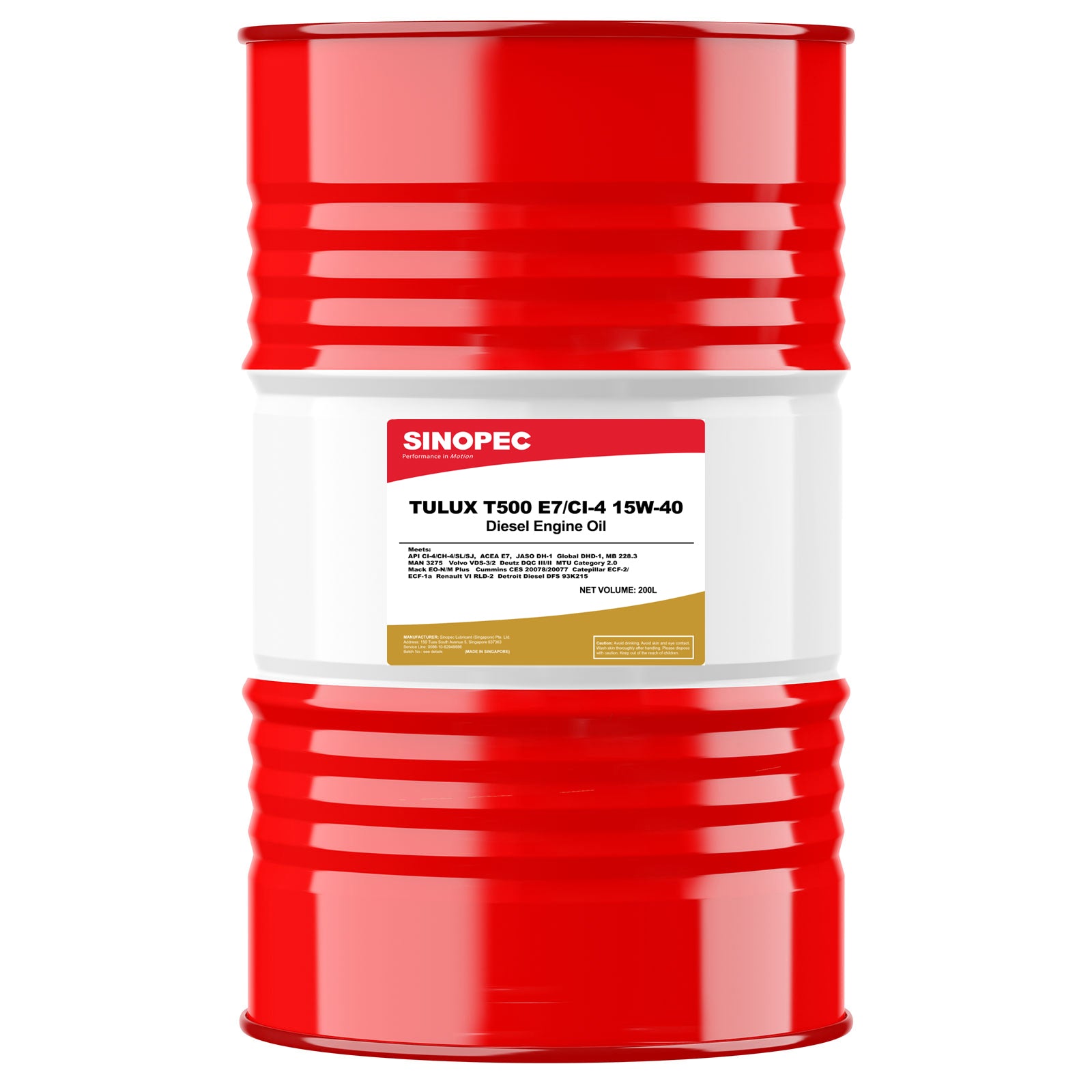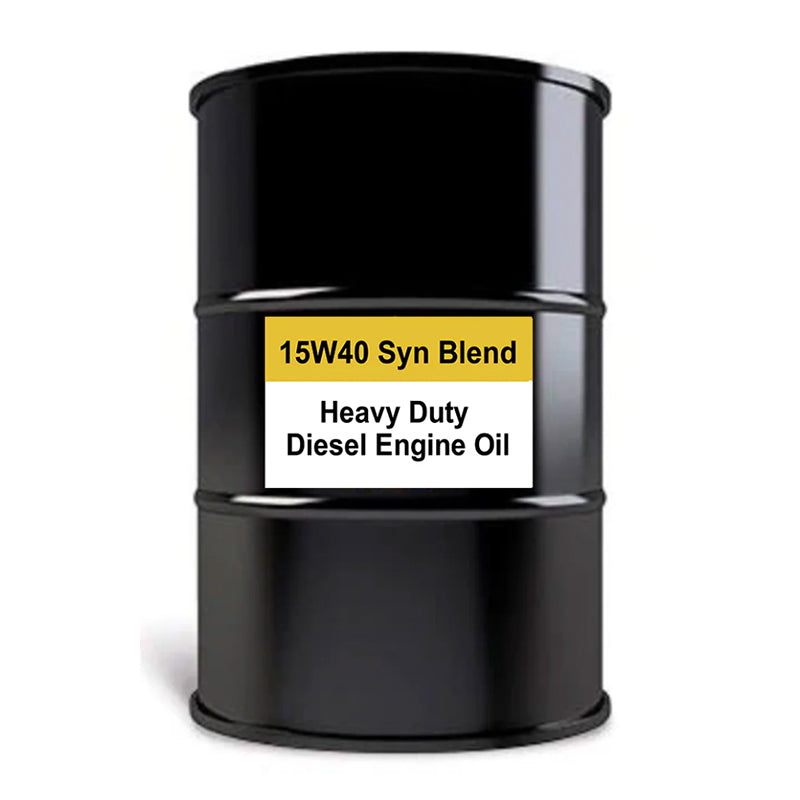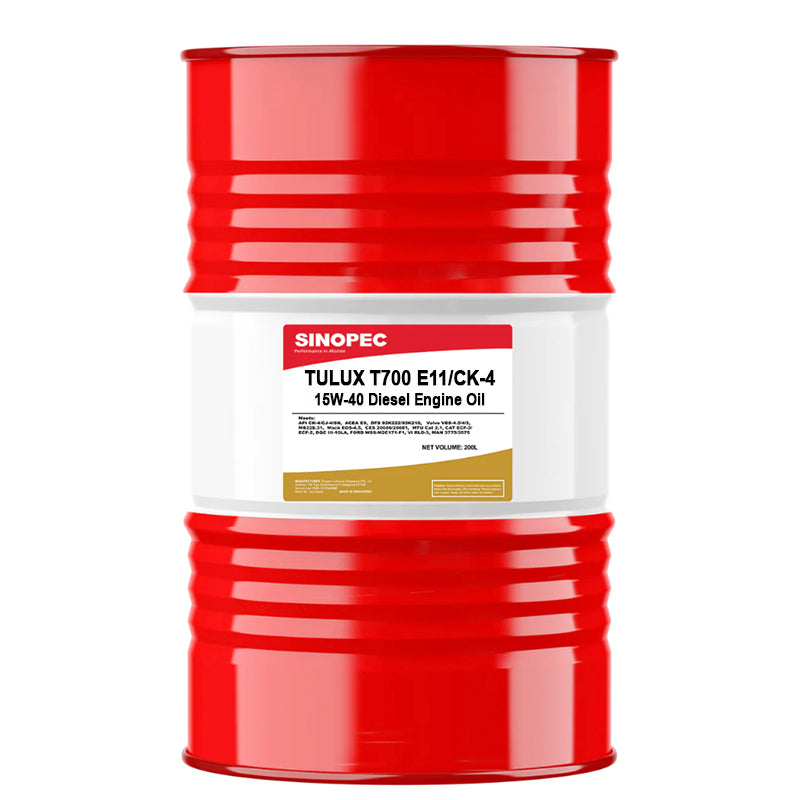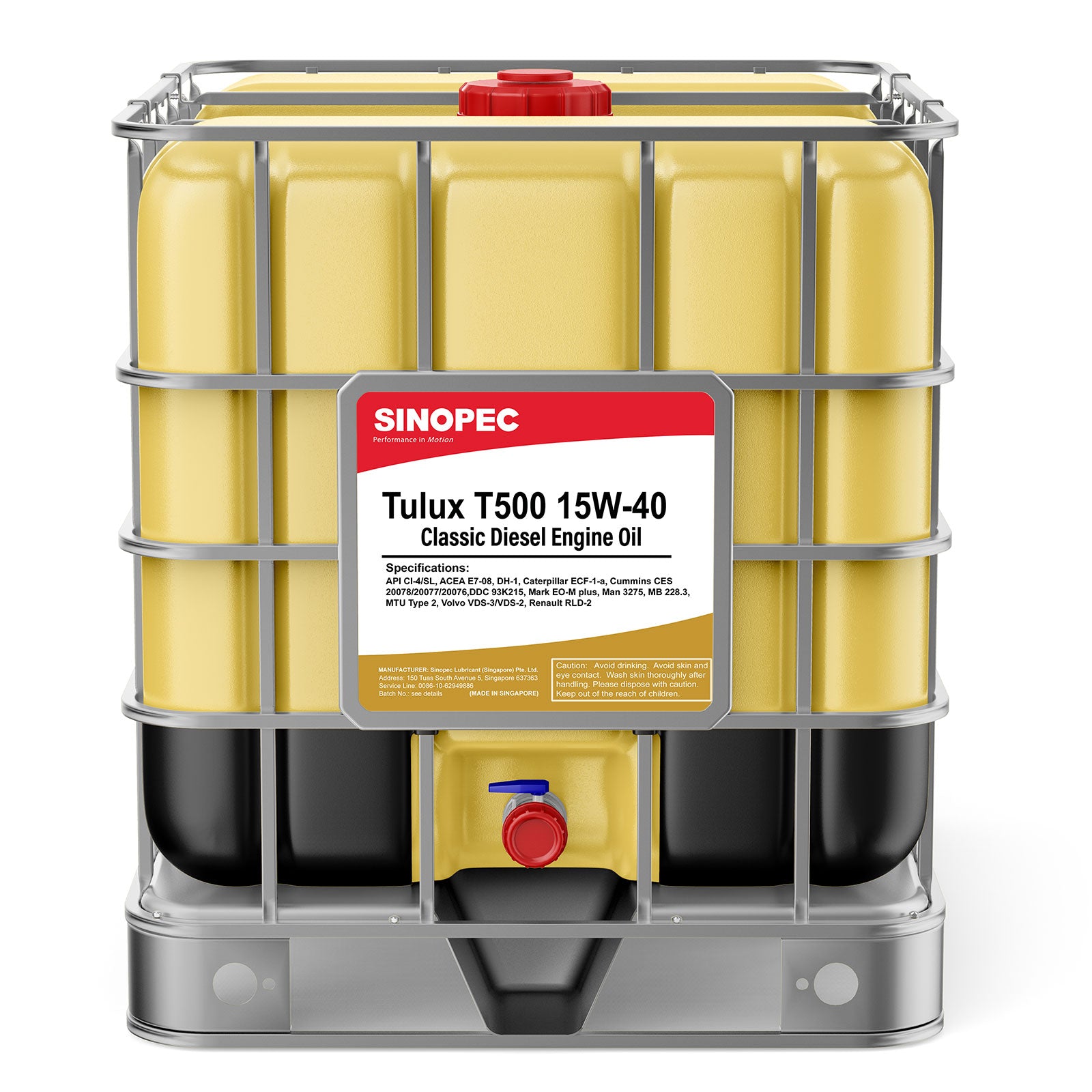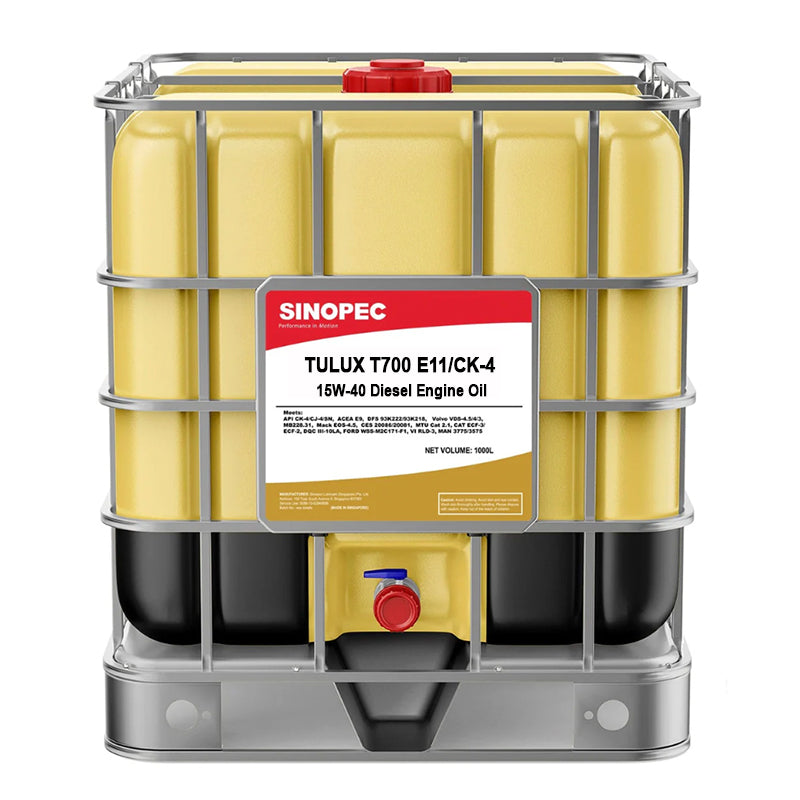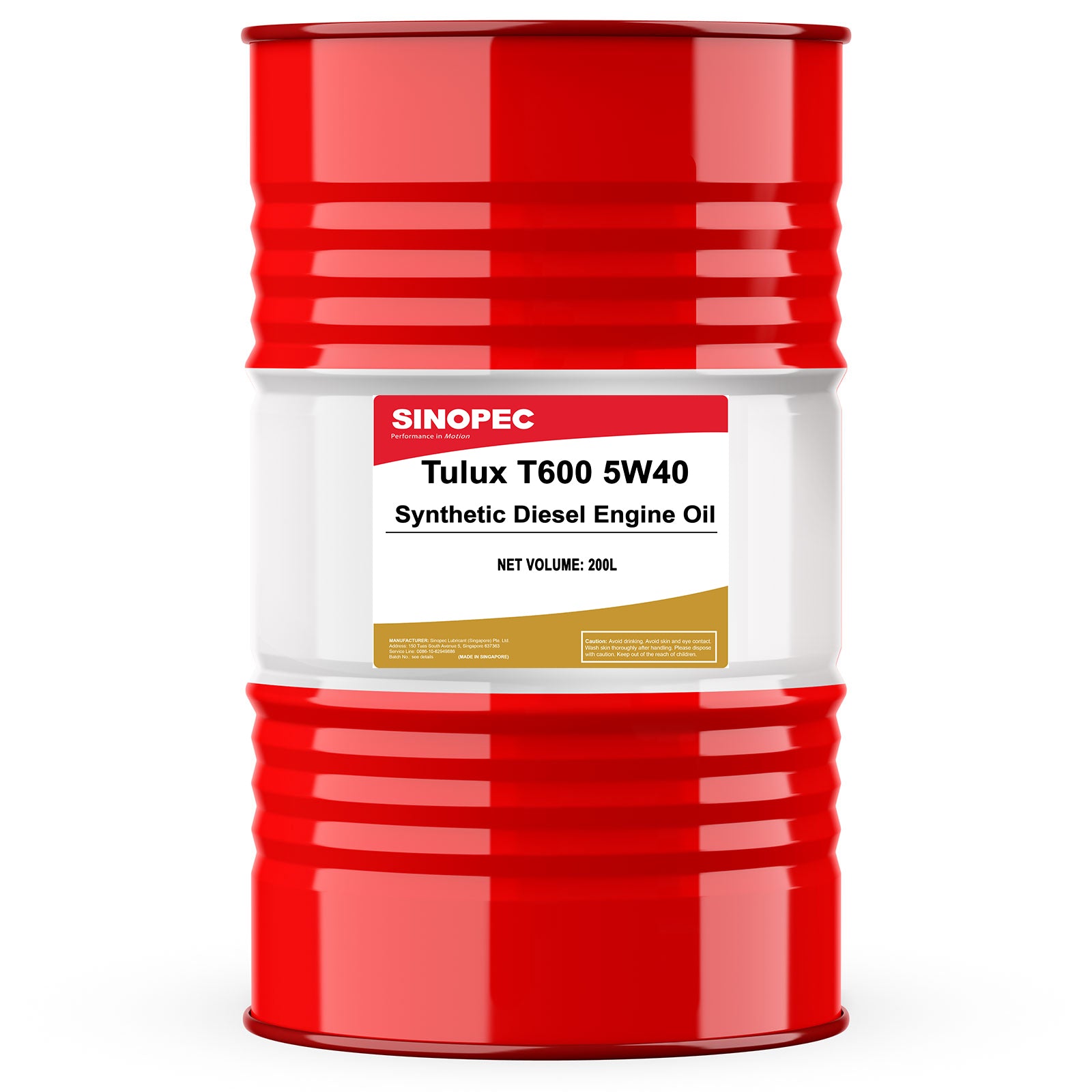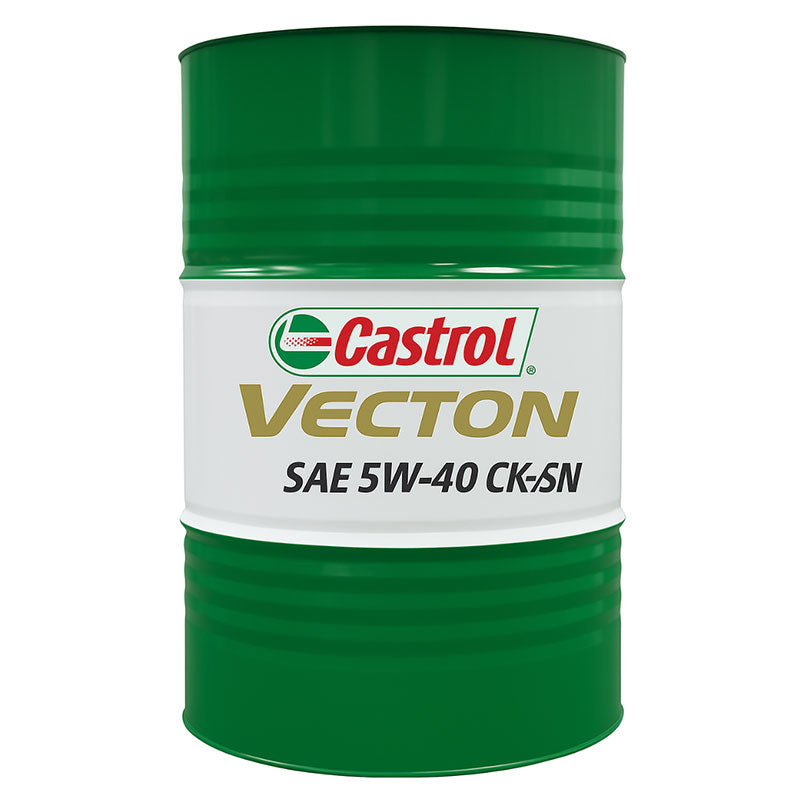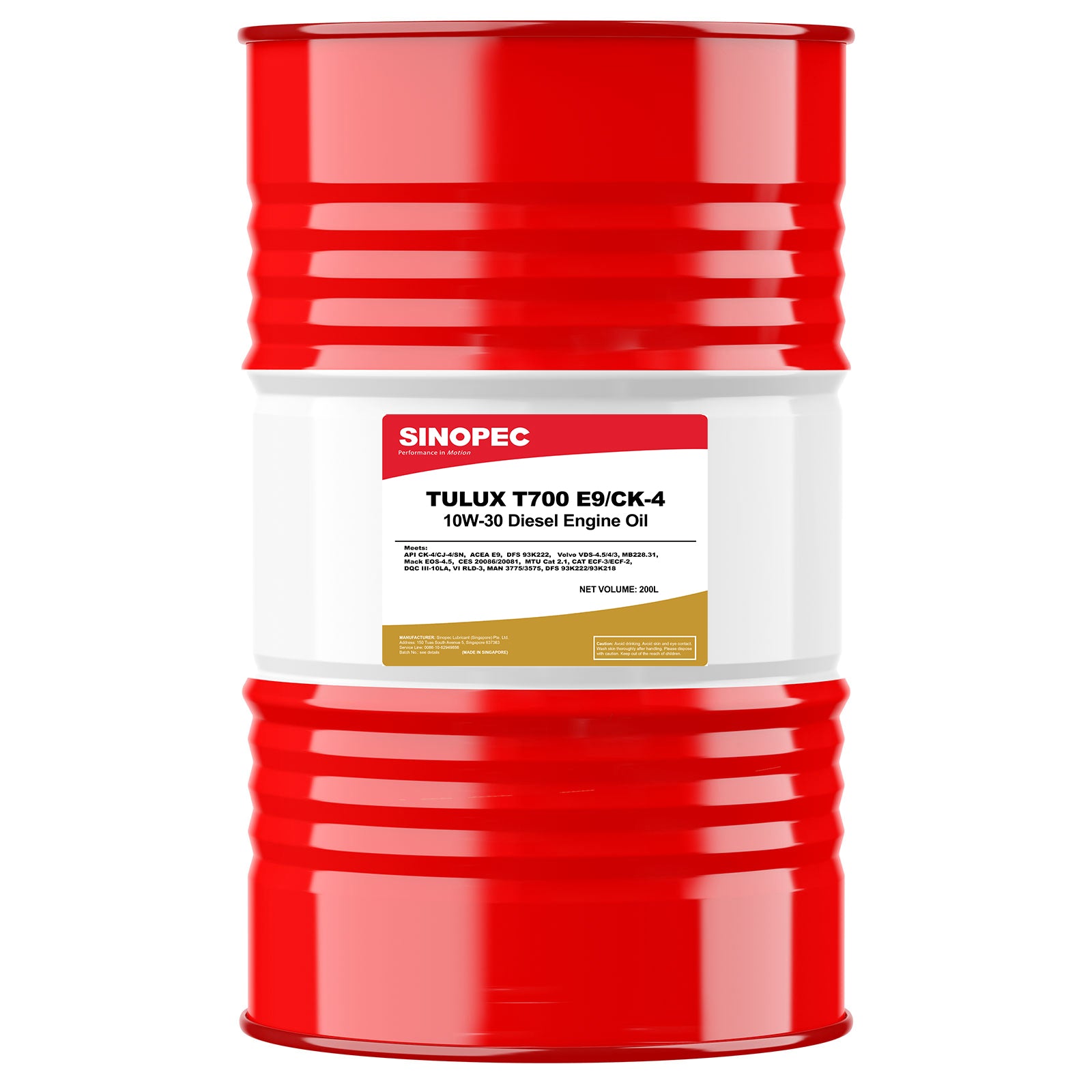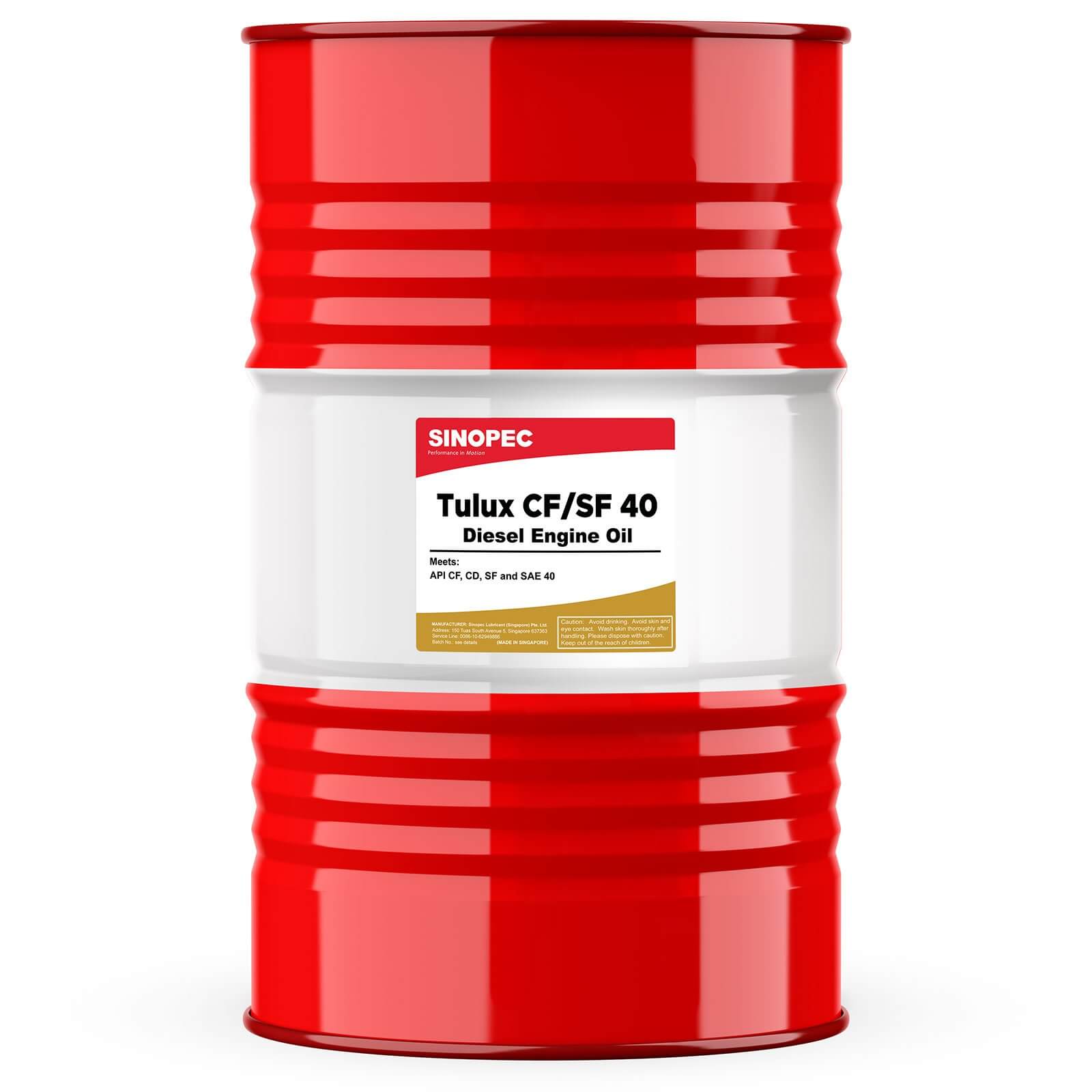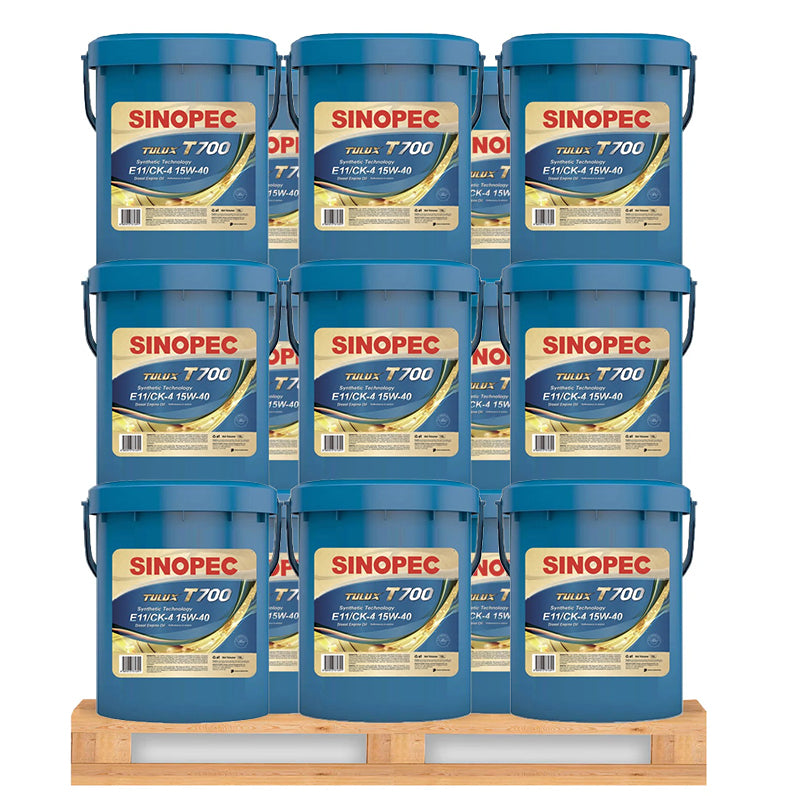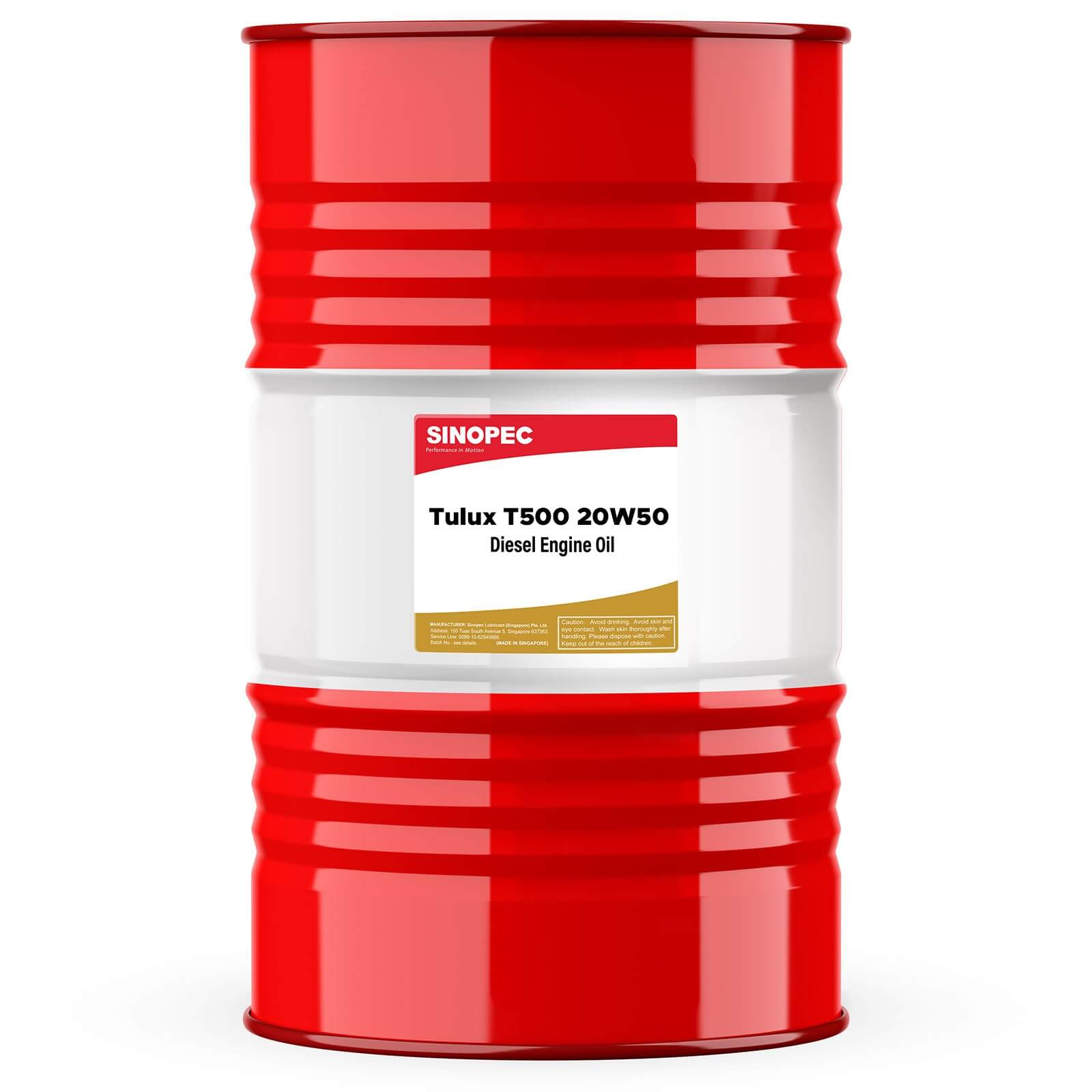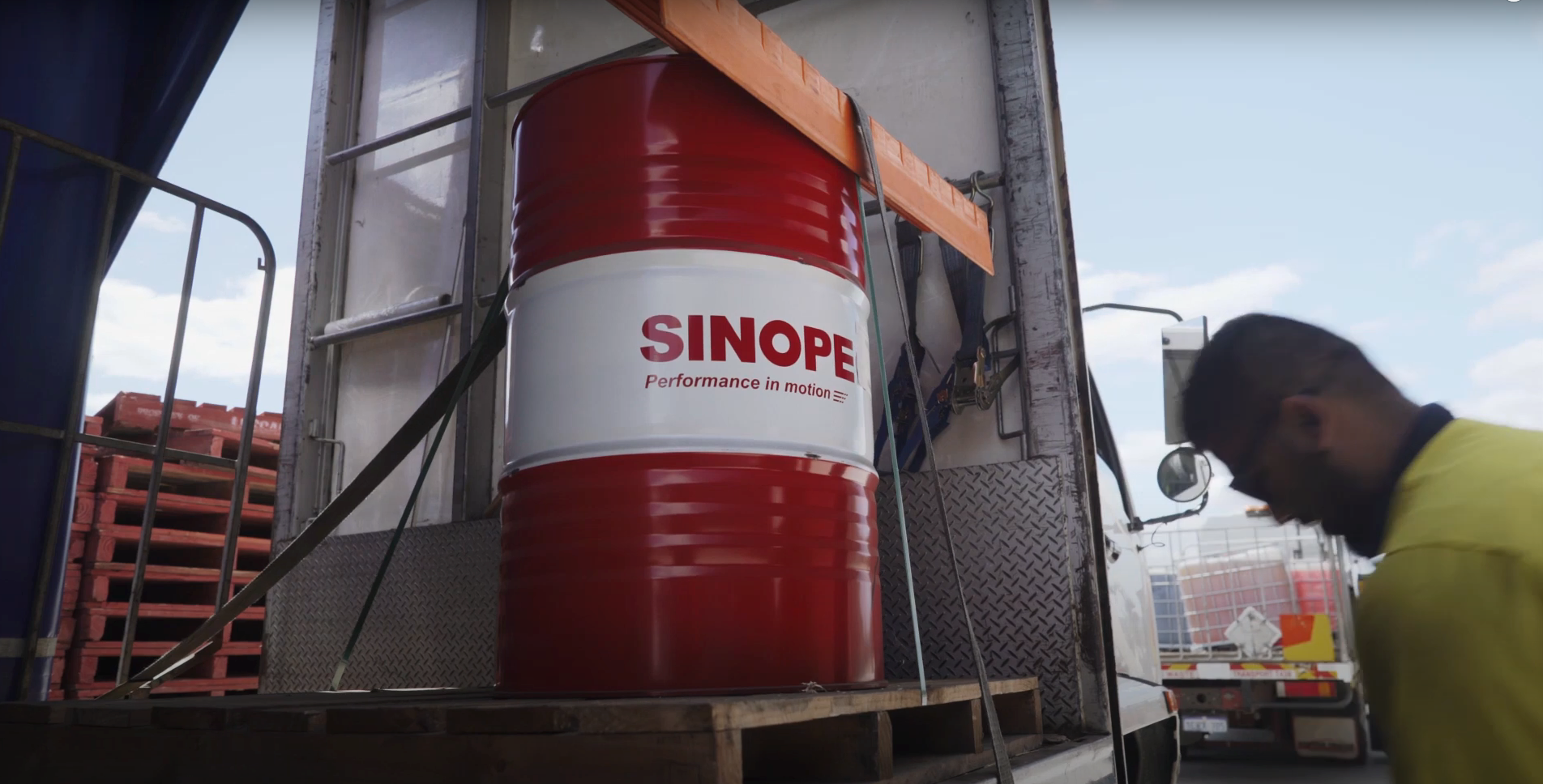What Are Biodegradable Lubricants?
Biodegradable lubricants are also known as Environmentally Acceptable Lubricants or EALs. According to Machinery Lubrication “62% of lubrication professionals do not use any biodegradable lubricants at their plant.” Due to the raising concern to protect the environment; governments and groups urge the agriculture, marine and forestry industries to follow new regulations. For this purpose, these regulations are in place to protect the environment, aquatic life and wildlife from toxins. Since there are different regulations it is necessary to know the different types of biodegradable lubricants. The two main categories include:
-
- Readily Biodegradable
Firstly, Readily Biodegradable lubricants utilize a vegetable or canola base oil. The base oil then blends with synthetic esters, enabling them to pass the “60 day aquatic test.” This means Readily Biodegradable lubricants will degrade within 60 days of contact. All in all, the biodegradability of these oils make them popular in areas where water in present.
-
- Inherently Biodegradable
On the other hand, Inherently Biodegradable lubricants are most common in sensitive areas requiring a “passing grade” on aquatic animal tests. This means Inherently Biodegradable lubricants use additive chemistry containing no heavy metals or zinc. They are actually blended with a synthetic or highly refined base oil like a polyol ester base.
Where Are Biodegradable Lubricants Used?
In light of the environmental impact, biodegradable lubricants are most common in sensitive areas. Until now, there has not always been a concern for pollution however the regulations are changing that. A trend we have seen is projects are requiring EALs or vegetable based lubricants instead of your standard mineral oils. To ensure you are following the regulations, always verify your environmental impact before deciding on the lubricant.
Industries
- Construction
- Elevator
- Forestry
- General Manufacturing
- Metal Working
- Military
- Mining & Quarry
- Oil & Gas Production
- Pulp & Paper

